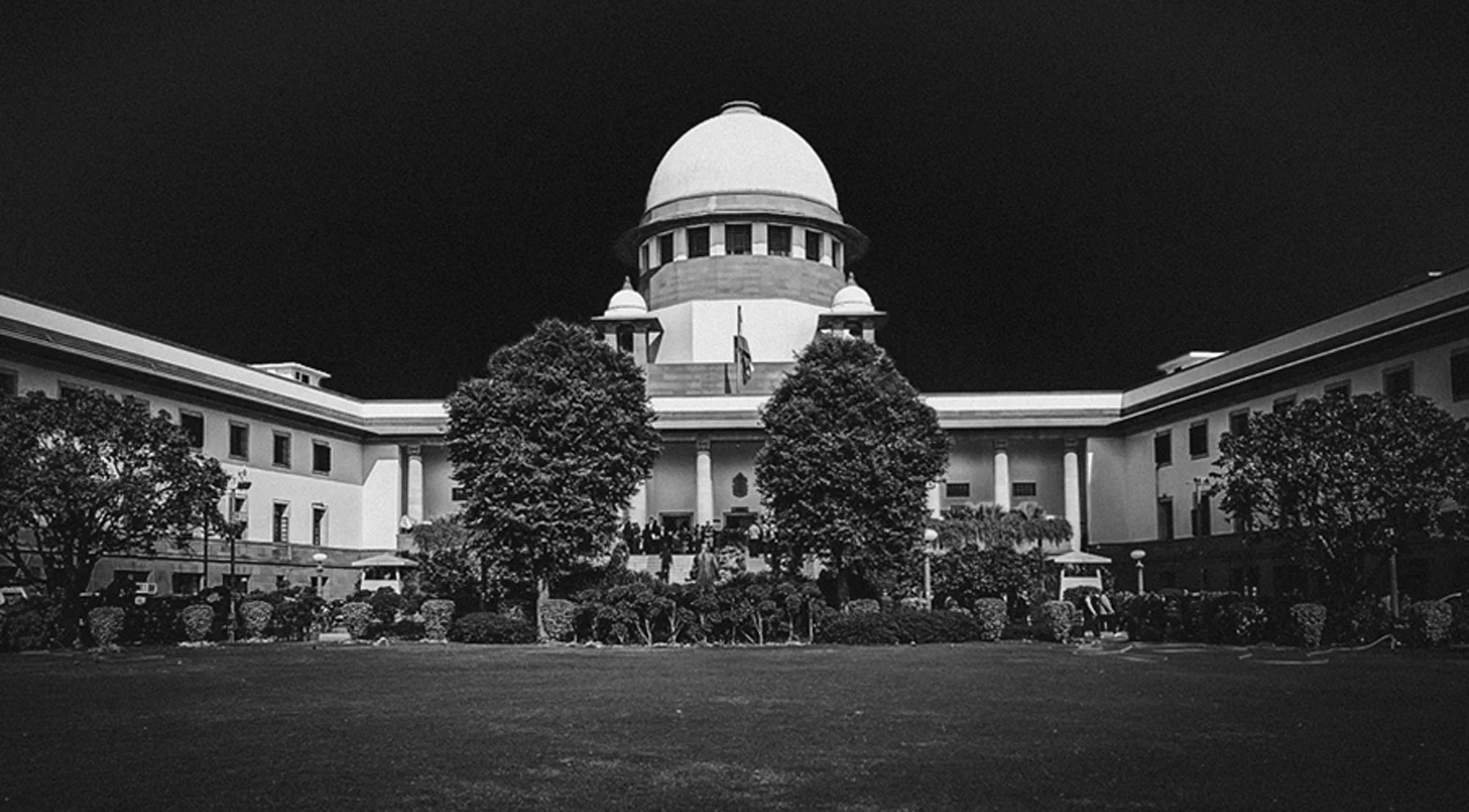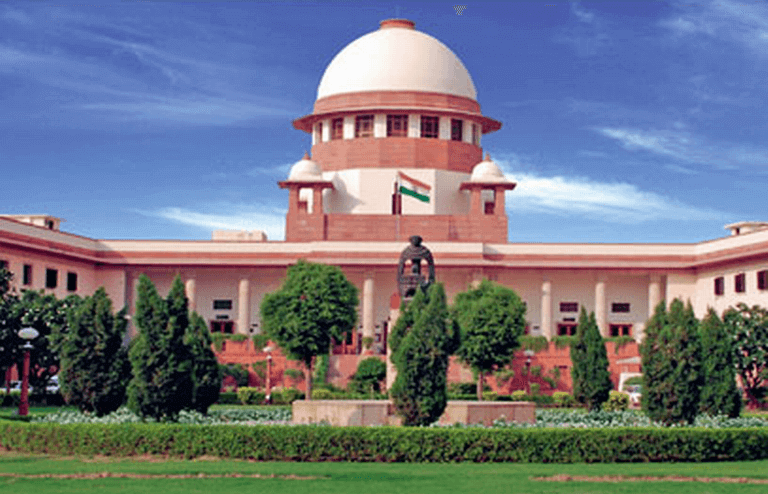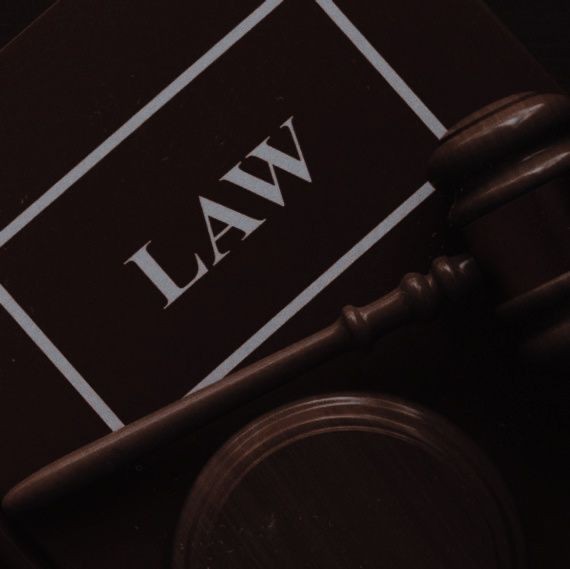'Legal' and 'lawful' - Distinction
'Legal' and 'lawful', normally, convey the same sense and are usually interchangeable. What is legal is lawful. But what is lawful may be so without being formally legal. "The principal distinction between the terms 'lawful' and 'legal' is that the former contemplates the substance of law, the latter the form of law. To say of an act that it is lawful implies that it is authorised, sanctioned or at any rate not forbidden by law'. The same thought about the lawfulness has been brought out by Pollock and Wright by explaining that 'Lawful Possession' means a legal possession which is also rightful or at least excusable. Thus, that which is not strictly legal may yet be lawful. It would not be forbidden by law. Legal is associated with provisions in the Act, rules, etc., whereas 'lawful' visualises all that is not illegal against the law or even permissible. Lawful is wider in connotation than legal. Although provision in Specific Relief Act empowering a person or tenant to recover possession if he has been evicted forcibly by the landlord may be juridi-cal and not lawful or a tenant holding over is not in lawful possession unless landlord agrees or acquiesces expressly or impliedly but that does not alter the legal position about possession of a person not legal yet not without interest. The provision in the Specific Relief Act is founded more on public policy than on jurisprudence. But the concept of lawful as opposed or in contradistinction to litigious assumes a different dimension.
Please see
- Krishna Kishore Firm v. Govt. of A.P. AIR 1990 SC 2292



























_20250714_964f1.jpg)